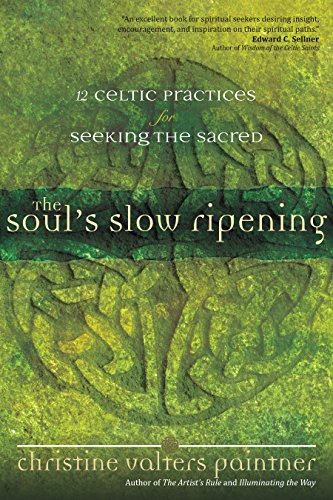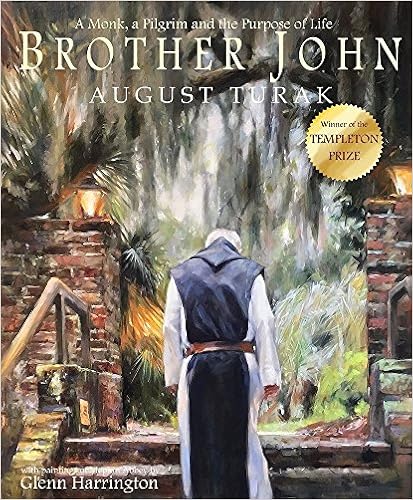 Every election season, there is substantial discussion of how people of faith (really, any faith, but in the US especially, Protestant Christian faith) should and do vote. 2020 has particular attention on this area since the white evangelical community hugely supports Donald Trump, while others argue that Trump displays and supports zero Christian values. How do we approach these various views?
Every election season, there is substantial discussion of how people of faith (really, any faith, but in the US especially, Protestant Christian faith) should and do vote. 2020 has particular attention on this area since the white evangelical community hugely supports Donald Trump, while others argue that Trump displays and supports zero Christian values. How do we approach these various views?
One consistent perspective is that Trump's style, personality, and character leave a lot to be desired. A classic evangelical line is, "it's about policy, not personality, so we can ignore how someone behaves if they support our perspective."
Does that approach align with biblical values? Many people are struggling with that. Further, many people have family members, friends, and co-workers who all report coming from the same faith background yet come to very different political stances. I have experienced this first-hand and frequently wonder how so many of us can see things so dramatically differently.
Recently, a new book, Keeping the Faith, was published, addressing a range of perspectives on Christian faith in relationship to Donald Trump. One of my long-time friends, Jesse Wheeler, is a contributor and raised my awareness of this text. There are many contributors who I'm aware of and respect.
To be direct, the contributors of this book all take the stance that supporting Donald Trump for President of the United States is contrary to the Christian faith. Therefore, some people may automatically love it or hate it. For Never Trumpers, this book can reinforce their perspective. For MAGA-ites, this can represent people who have strayed from the faith.
I think the best way to approach this book is to be open to understanding broad perspectives and move us toward more unity in love. While votes and perspectives may change due to this book, (and I personally hope people gain self-reflection and wisdom from it,) a more realistic goal is to help us really listen to each other more.
One of the key unique attributes is that the contributors come from a wide range of perspectives: politically, theologically, geographically, demographically.
Even for those who agree with the fundamental premise of voting Trump out could benefit from better understanding how our political system impacts people who are different from them. There's immense value in that. Plus it's highly biblical and in alignment with the Greatest Commandment. The range of content and perspectives, including authentic attempts to really listen to and understand the Trump supporters, can help the anti-Trump crowd to better understand the needs, desires, and especially fears of their Trump supporting brothers and sisters. I know there is a lot of confusion and pain in this community trying to comprehend why some Christians would support Trump. This book may assist with that.
For those who have or will vote for Trump and want to understand why many Christians do not agree, this can be a powerful text to help raise awareness of the range of reasons for the stance. Again, it would be easy to approach this book with automatic criticism and dismissal. I encourage folks in this camp to listen honestly and openly to people who represent family, friends, and literal neighbors. We need this kind of listening. Your opinion doesn't even have to change, but hopefully some empathy will build. Similar to the anti-Trump group, there is a lot of confusion and pain in the pro-Trump group about those who do not support his Presidency. Listening with an open heart may assist with compassion and reconciliation.
Finally, this book can be quite useful to the group who does not know what to do. I think the authors are really hoping to touch this audience. As shared in many of the stories, it's hard to disagree politically with people in church institutions. Many of us have been taught there is only one right way to vote if you are a Christian. This book gives an alternative view, providing honest feedback about how one can be authentically and deeply Christian and not vote for Trump.
To this point, I really appreciate the wide range of content presented, as well as the book's organization. There may only be one or two areas of concern that someone wants to dive into more deeply (e.g., abortion, immigration, foreign policy, etc.). There are sections with multiple essays from differing perspectives and backgrounds on critical policy topics, all from Christian perspectives.
Further, I loved how the whole book began from a perspective on the process of discernment, voting, and dialogue. Rather than jumping straight into complex content, the authors started with the importance of context, immediacy, and political discourse. The reasons for having this discussion and how we could engage with the content lays a wonderfully biblical foundation focused on a core principle we should agree on: Unity in Christ.
We are not all going to agree on political outcomes, candidates, and policies. However, Keeping the Face helps change the narrative for the American Christian community. It provides a modern prophetic voice to keep us honest to listen to all of our compatriots, not just focusing on own personal rights, needs, fears, and hopes. A core part of the Gospel is that it's Good News for all. Our voting should align with that.
Disclosure of Material Connection: I received this book free from the publisher. I was not required to write a positive review. The opinions I have expressed are my own. I am disclosing this in accordance with the Federal Trade Commission’s 16 CFR, Part 255: “Guides Concerning the Use of Endorsements and Testimonials in Advertising.”



